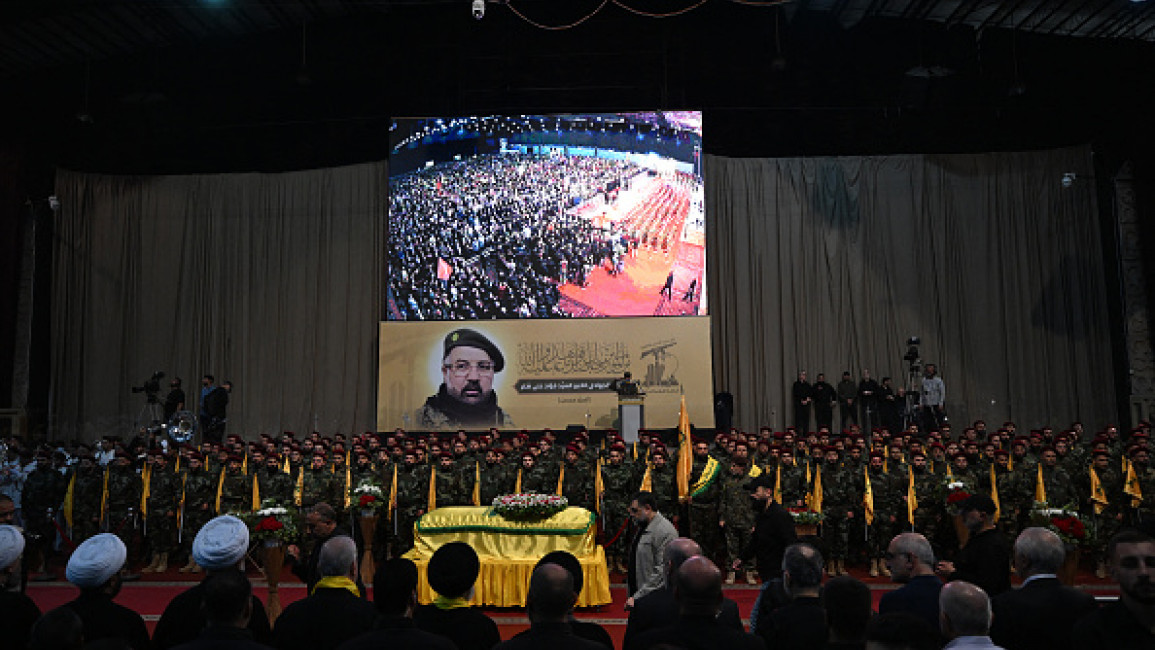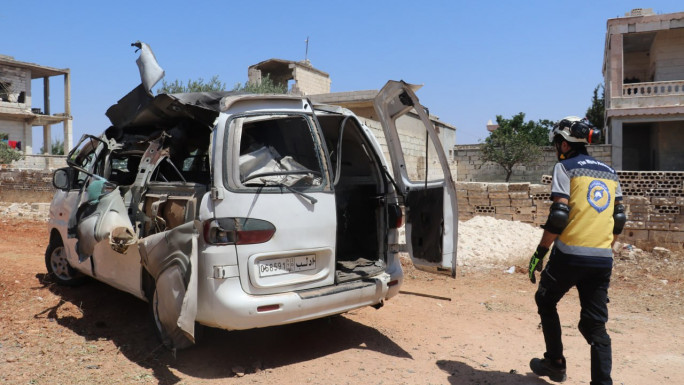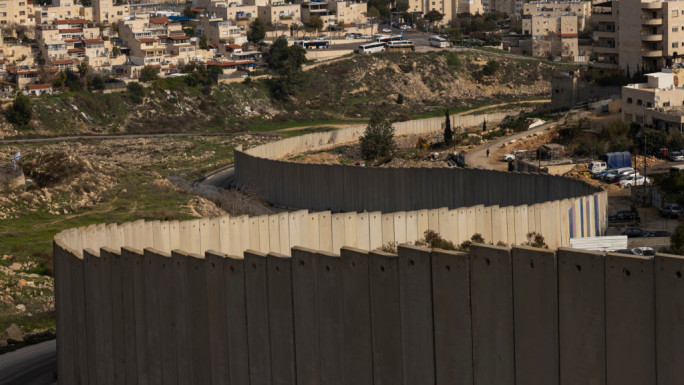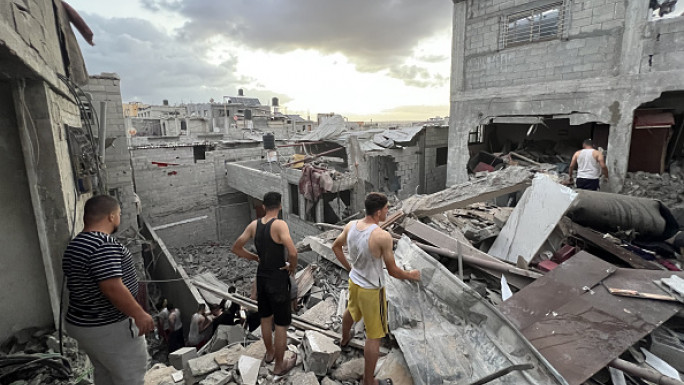Killing of Fuad Shukr in Beirut 'biggest loss' for Hezbollah since 2008
Fuad Shukr, the top Hezbollah commander killed by Israel on Tuesday, was a founding member of the Iran-backed group who helped oversee its expansion from a shadowy Lebanese civil war militia to a major force in the Middle East.
His killing is the heaviest blow to Hezbollah's command since the 2008 assassination of Imad Mughniyeh by the US and Mossad, underlining the gravity of this week's escalation in the conflict, which has been rumbling across region since the deadly Gaza war erupted.
While the assassination of Hamas leader Ismail Haniyeh in Tehran marked a major political setback to the Palestinian group and its Iran-backed allies, Shukr's killing has stripped their camp of one of its top military leaders.
Hezbollah leader Hassan Nasrallah is due to speak at his funeral on Thursday.
Also known as Hajj Mohsen, Shukr was part of a generation of Lebanese Shia Muslims who mobilised in 1982 to fight Israeli forces, which had invaded Lebanon that year. They were driven by ideological inspiration from Iran's 1979 Islamic Revolution.
He was a close associate of Mughniyeh, a shadowy figure remembered in Hezbollah as a legendary commander but by the United States as a terrorist, accused of plotting attacks including the 1983 bombing of the US Marine barracks in Beirut.
The United States says Shukr played a central role in the bombing that killed 241 US military personnel. In 2017, it put a bounty of up to $5 million on Shukr's head, according to the US government's Rewards for Justice website.
Israel claimed Shukr was responsible for the killing of numerous Israelis and foreign nationals over the years.
Retaliatory strike
Israel said it killed Shukr, 61, in retaliation for a July 27 rocket attack that killed 12 children aged between 10 and 16 in the Druze village of Majdal Shams in the Israeli-occupied Golan Heights on Saturday.
Hezbollah, which has been engaging in near-daily cross-border fire with Israel since October 8, said it was not responsible for the attack, and pointed the finger at Israel.
As a top Hezbollah commander from 1985 until the mid-nineties, Shukr oversaw the evolution of Hezbollah attacks, whilst building the group's arsenal with the addition of weapons such as anti-tank missiles, al-Akhbar reported.
He assumed many of Mughniyeh's responsibilities after his assassination, sources familiar with his role said. His roles included acting as military adviser to Nasrallah.
The Israeli military claimed Shukr was responsible for the majority of Hezbollah's most advanced weaponry, including precision-guided missiles, cruise missiles, anti-ship missiles, long-range rockets and drones.
Announcing the bounty on his head in 2017, the US Rewards for Justice programme said he played a key role in Hezbollah's military operations in Syria, where the group deployed fighters in support of President Bashar al-Assad in the early years of the Syrian civil war.
Hezbollah at the time dismissed the accusations against Shukr and another Hezbollah operative for whom a bounty was offered, Talal Hamiyah, saying they were "rejected and void".
Shukr's killing, as well as Haniyeh's, has sparked fears of a wider escalation in conflict in the region, with both Hezbollah and Iran vowing retaliation against Israel.







